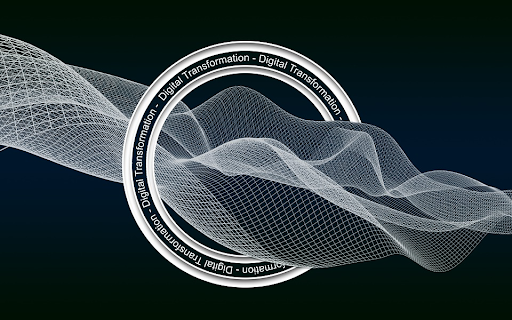

App development: How apps are transforming online payments?
With the growing quality of Apple Pay and Facebook’s recently proclaimed plans to create money-transfer obtainable on its courier app, the topic of mobile payments has another time been delivered to the fore. Mobile payment apps enable shoppers to create purchases with their phones and leave their wallets reception, and are slowly substituting money, cheque, and credit cards because of the go-to methodology of payment.
How Mobile Payments Work
Mobile payment is expedited by an app that's the digital version of your MasterCard, or— within the case of the popular Starbucks app— a reloadable gift card, permitting you to use your smartphone sort of a handy, electronic pocketbook.
Newer apps like Google pocketbook and Apple Pay use NFC (Near-Field Communication) technology, that permits 2 devices that are equipped with associate NFC chip to exchange knowledge once placed among vary of every different. To create dealing, the buyer launches the payment app on their phone and faucets the device on the NFC MasterCard terminal. Betting on the app, users could also be prompted to scan their fingerprint or enter a passcode to verify their purchase. Once confirmed, the payment processes an equivalent means it might in exceedingly ancient MasterCard swipe dealing. Mobile payment is changing into a lot of obtainable to customers, with several retailers within the USA supporting NFC transactions, and a lot of poised to try to an equivalent in North America— and with sensible reason. Apps like Google pocketbook and Apple Pay are a leap forward from ancient in-store MasterCard dealings as a result of they need secondary authentication before initiating a transaction. However, there are still some notable risks. But, you can address these risks with App development Dubai.
Risks of Paying with Mobile
Insecure Verification Systems
If you're questioning why fraud is a difficulty once the progressive security protocols of Apple Pay and its contemporaries, the matter doesn’t seem to originate from the technology itself. Several together with Tim Sloane, VP of Payments Innovation for the Gerhard Kremer informatory cluster, agrees that the safety of mobile payment platforms rely for the most part on how the related to banks verify the credit cards and different kinds of payment. “Bad guys clone a phone and use stolen info to raise the provision bank to modify Apple Pay,” he explains. As a result, several Apple Pay devices were provisioned to a fraudster that then went on a looking spree!”
Money transfer scams
Despite the delicate technology of the payment apps, several incidents of mobile payment fraud are ways in which are the same as ancient MasterCard or wire transfer scams. The beguiler persuades the customer to wire massive sums of cash via associate illegitimate mobile payment platform, claiming that this kind of payment is safer and easier with app development Dubai.
Bottom Line
Mobile payment services are supported in 89 countries these days, covering a nearly simple fraction of the developing world. However, it's vital to stay in mind that despite its advanced technological capabilities, this kind of payment continues to be in its early organic process stages. These security glitches highlight the vulnerability of a payment system that needs banks, MasterCard firms, and package manufacturers to figure closely to forestall criminals from finding loopholes.



.png)



